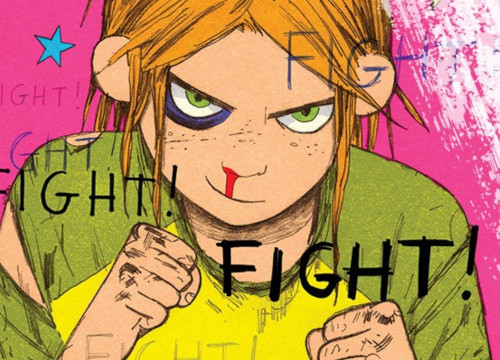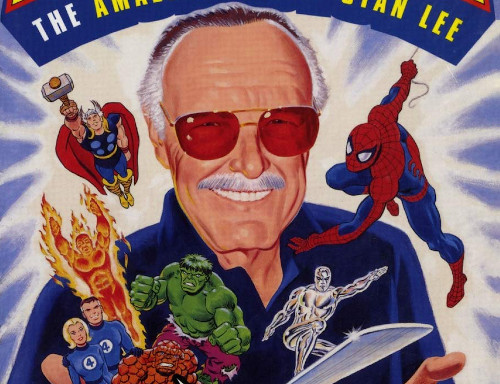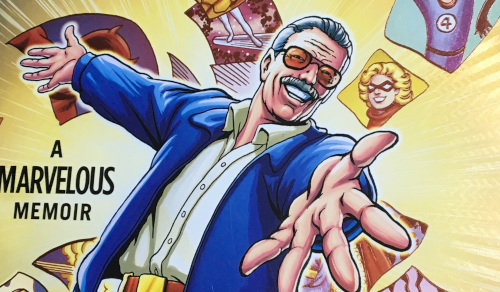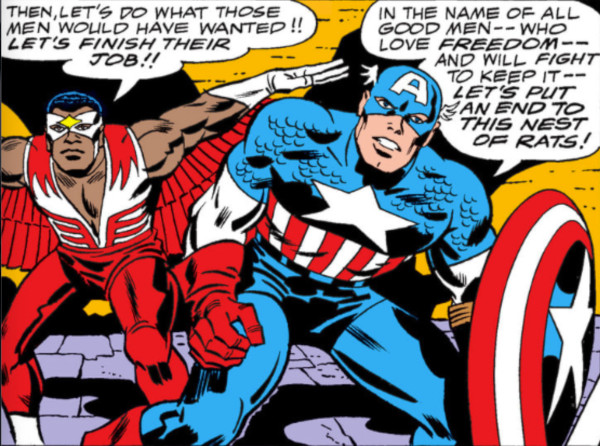
When Jack Kirby returned to Marvel in 1975, the first series he worked on starred the character that was one of Kirby’s earliest claims to fame: Captain America, created in 1940 by Kirby and writer Joe Simon. Before Kirby returned, Cap’s book became Captain America and the Falcon. As Kirby begins his run, he deftly uses the African-American Falcon to show that Cap’s optimistic view of America (“This country’s grown up!”) isn’t always accurate (“Jive! It’s still trying, friend!”). This time, Tim and Emmet discuss Captain America and the Falcon #193-194.
Waxing and Waning: Essays on Moon Knight, containing an essay by Emmet
Brought to you by:
Podcast: Play in new window | Download

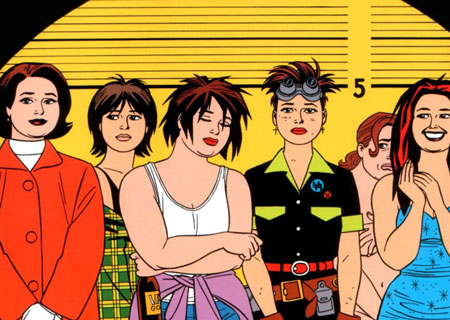
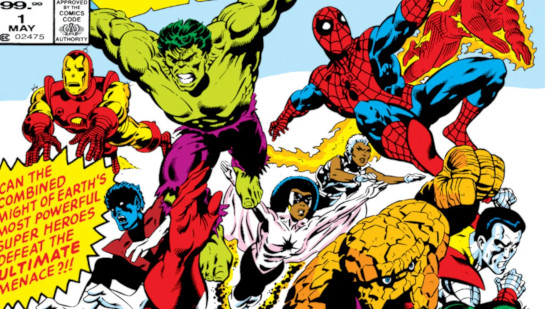
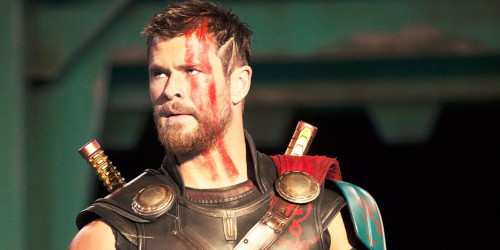
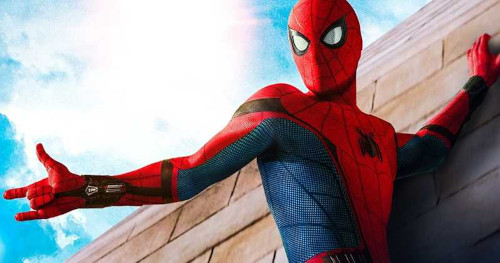
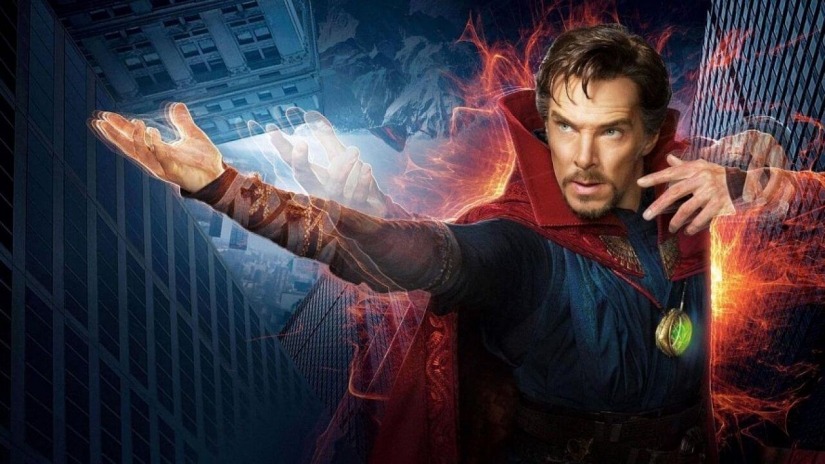 “Tim Catches Up with the MCU” discusses Doctor Strange — an enjoyable yet problematic movie, based on a 1963 origin story (in Strange Tales #110) whose ideas about race and gender roles are, at best, dated. Tim and Mulele review. (Originally published on Patreon October 12, 2019.)
“Tim Catches Up with the MCU” discusses Doctor Strange — an enjoyable yet problematic movie, based on a 1963 origin story (in Strange Tales #110) whose ideas about race and gender roles are, at best, dated. Tim and Mulele review. (Originally published on Patreon October 12, 2019.)